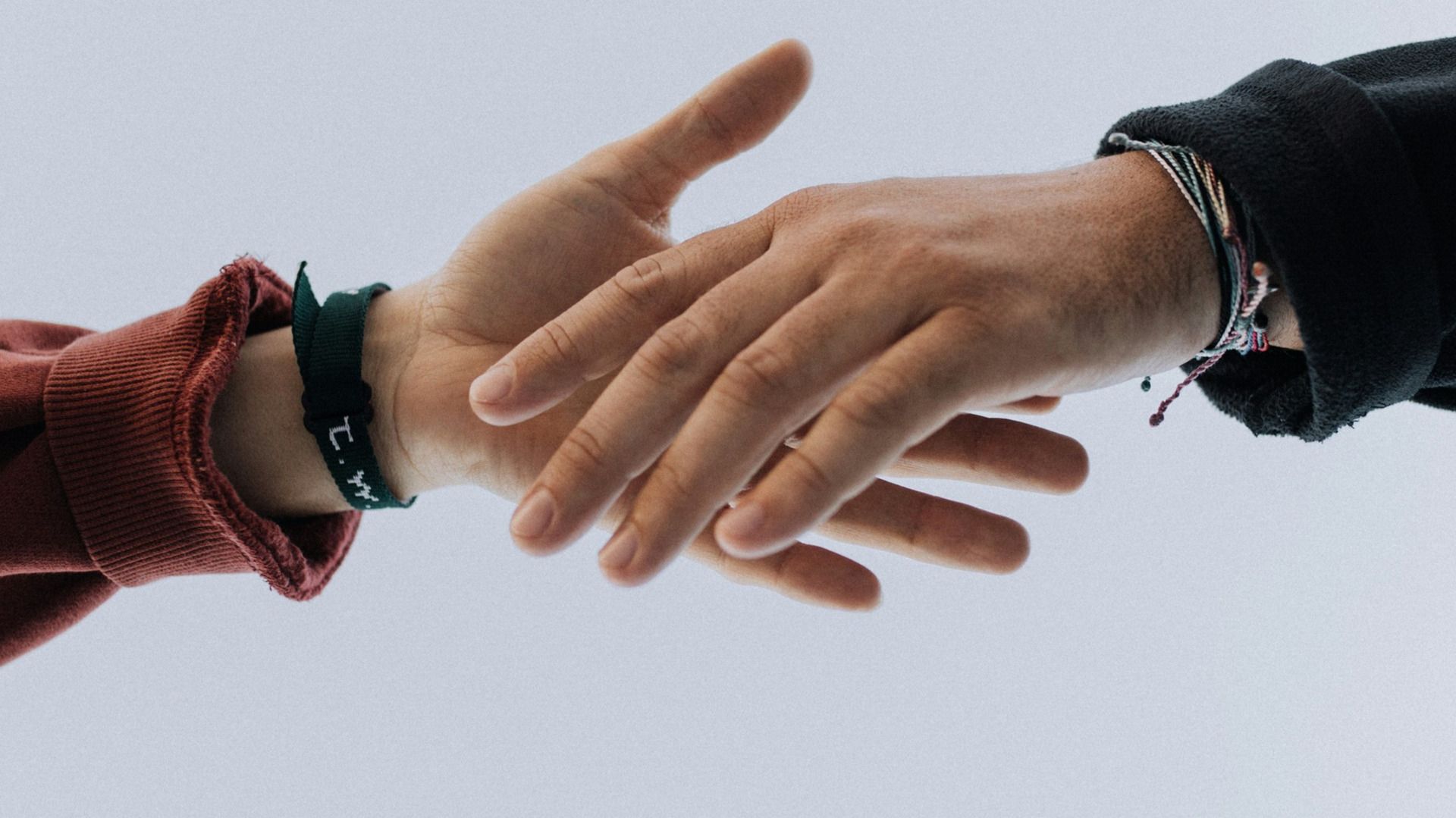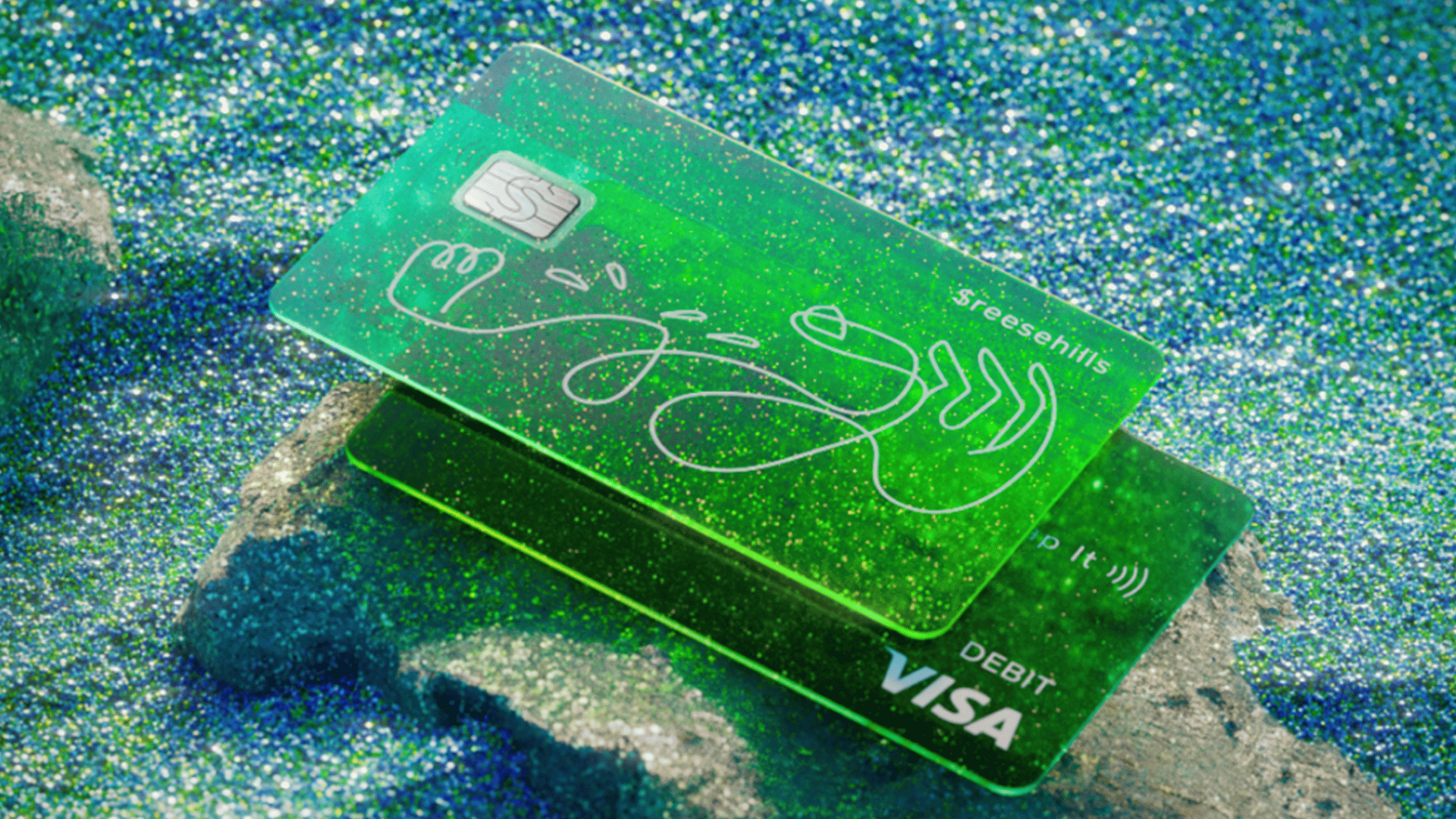- Note To Self
- Posts
- 💭 What is your attachment style?
💭 What is your attachment style?
Wednesday 10/15: Sponsored by Cash App and Money.com - attachment styles, childhood, ask for help
Wednesday
"Every breath brings me back to now."
Welcome to Wednesday! Today, we're chatting about:
How childhood impacts adulthood
Attachment styles explained
A debit card that helps you save money
Why is it so hard to ask for help
It’s time to talk about this
True or False?
Quality time with family is more important than quantity.
Scroll for the answer!

How Your Upbringing Shapes the Way You Love
Our first lessons in love come long before our first relationships. From watching how our parents spoke to each other to noticing how they handled conflict, we quietly learn what connection, care, and respect look like. Those early blueprints shape how we show up in love—how we express emotion, communicate, and choose partners.
If you grew up in a warm, nurturing home, you may feel confident navigating emotional ups and downs. But if affection was scarce or conflict was constant, you might find yourself repeating patterns that feel familiar but not fulfilling. Even how your family viewed money or marriage can subtly influence your own choices.
The good news: none of it is fixed. By noticing what you learned and what no longer serves you, you can build healthier patterns rooted in awareness, not habit. Healing starts not by erasing the past, but by understanding it.


Understanding the Four Attachment Styles
Attachment theory suggests that the way we love and connect as adults starts with how we were cared for as children. Psychologists John Bowlby and Mary Ainsworth found that our early bonds create “internal working models” that guide how safe we feel in relationships and how much closeness we allow.
There are four main attachment styles. Secure types communicate openly and trust emotional closeness. Avoidant types often pull back, seeing vulnerability as unsafe. Anxious types crave connection but fear abandonment, and disorganized types, often shaped by early trauma, struggle between seeking and fearing closeness.
Recognizing your style isn’t about fixing yourself. It’s about awareness. Once you understand the beliefs driving your reactions, you can slowly build new ones. Opening up a little sooner, asking for support, or sitting with discomfort can all move you closer to secure attachment, one honest moment at a time.


The Go-To Debit Card for Instant Discounts
Get instant discounts at places you already shop with a Cash App Card. It’s a debit card that works where Visa is accepted, even at ATMs. Whether it’s time for groceries, a ride to meet a friend, or something you’ve been eyeing, you’ll get access to offers that turn everyday spending into real savings.
Why you’ll love it:
Exclusive offers to save on everyday spending
No monthly or hidden fees
24/7 fraud monitoring to avoid scams before they can happen
Instant ways to lock your card if it’s ever lost or stolen
Pay over time for eligible purchases with Cash App Afterpay*
Cash App is a financial services platform, not a bank. Banking services provided by Cash App's bank partner(s). Prepaid debit cards issued by Sutton Bank, Member FDIC. See Terms and Conditions. Direct deposit, offers, discounts and overdraft coverage provided by Cash App, a Block, Inc. brand. *All states except Alabama and Texas: Afterpay is offered and managed through your Cash App account - no Afterpay account needed. Loans issued by First Electronic Bank. Alabama and Texas: Afterpay is offered and managed through your Cash App account - no Afterpay account needed. Loans issued by Square Capital, LLC.
Thank you to Cash App for sponsoring Note To Self.

Why Asking for Help Feels So Uncomfortable
Many of us hesitate to ask for help, even when we need it most. Research from Stanford University shows we tend to underestimate how willing people are to help and overestimate how burdened they’ll feel. In truth, most people want to support us.
Experts say fear of seeming weak, cultural pressure to be self-reliant, or not wanting to “bother” others often hold us back. But reaching out isn’t a flaw. It’s a skill. Start small: ask a neighbor for a favor, accept an offer from a friend, or practice saying “yes” when someone offers support. These moments rewire how we think about receiving care.
As psychologist Pooja Lakshmin explains, asking for help isn’t just about getting your needs met. It also strengthens social bonds. Connection grows both ways when we allow others to show up for us.


Don’t Let Stigma Hold You Back
ED is more common than you may think. In fact, over half of all men will experience some form of erectile dysfunction at some point during their lives. Thankfully, it’s just as easy to treat. Modern medications are now available through fully online prescriptions, discreet shipping, and in formats like chewables or mints. View our top ED treatment solutions and take back your confidence.
Thank you to Money.com for sponsoring Note To Self.

The Pause
Before you go, take a small pause from your day with this tip brought to you by The Note To Self editors.
30 Second Reset: Light a candle or turn on a lamp. Let the glow soften the room.

Wellness Round-Up

Parting Thoughts
✅ True or False: True. Focused presence can build stronger bonds than just being around each other.
🌅 Sunset Of The Day: Sunsets are more than beautiful; they’re actually good for your mood. Got a favorite one? Reply to this email with your best sunset or sunrise photo for a chance to be featured!
💭 Final Self-Care Thoughts for Today: Family relationships can be grounding, complicated, joyful, or tender, sometimes all at once. You’re allowed to feel more than one thing at a time.

Enjoying Note to Self?
Were you forwarded this email and loving our content? Subscribe below to keep receiving daily doses of self-care in your inbox!
Know of a great self-care tip or article you'd love to share with the community? Want to send us pictures of you completing one of your self-care rituals? Email us at [email protected]!


